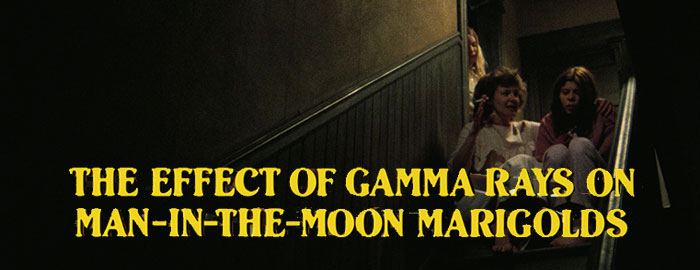
Color, 1971, 100 mins. 46 secs.
Directed by Paul Newman
Starring Joanne Woodward, Nell Potts, Roberta Wallach, Judith Lowry, David Spielberg
Indicator (Blu-ray) (UK RB HD), Twilight Time (Blu-ray) (US RA HD) / WS (1.85:1) (16:9)

Color, 1971, 100 mins. 46 secs.
Directed by Paul Newman
Starring Joanne Woodward, Nell Potts, Roberta Wallach, Judith Lowry, David Spielberg
Indicator (Blu-ray) (UK RB HD), Twilight Time (Blu-ray) (US RA HD) / WS (1.85:1) (16:9)
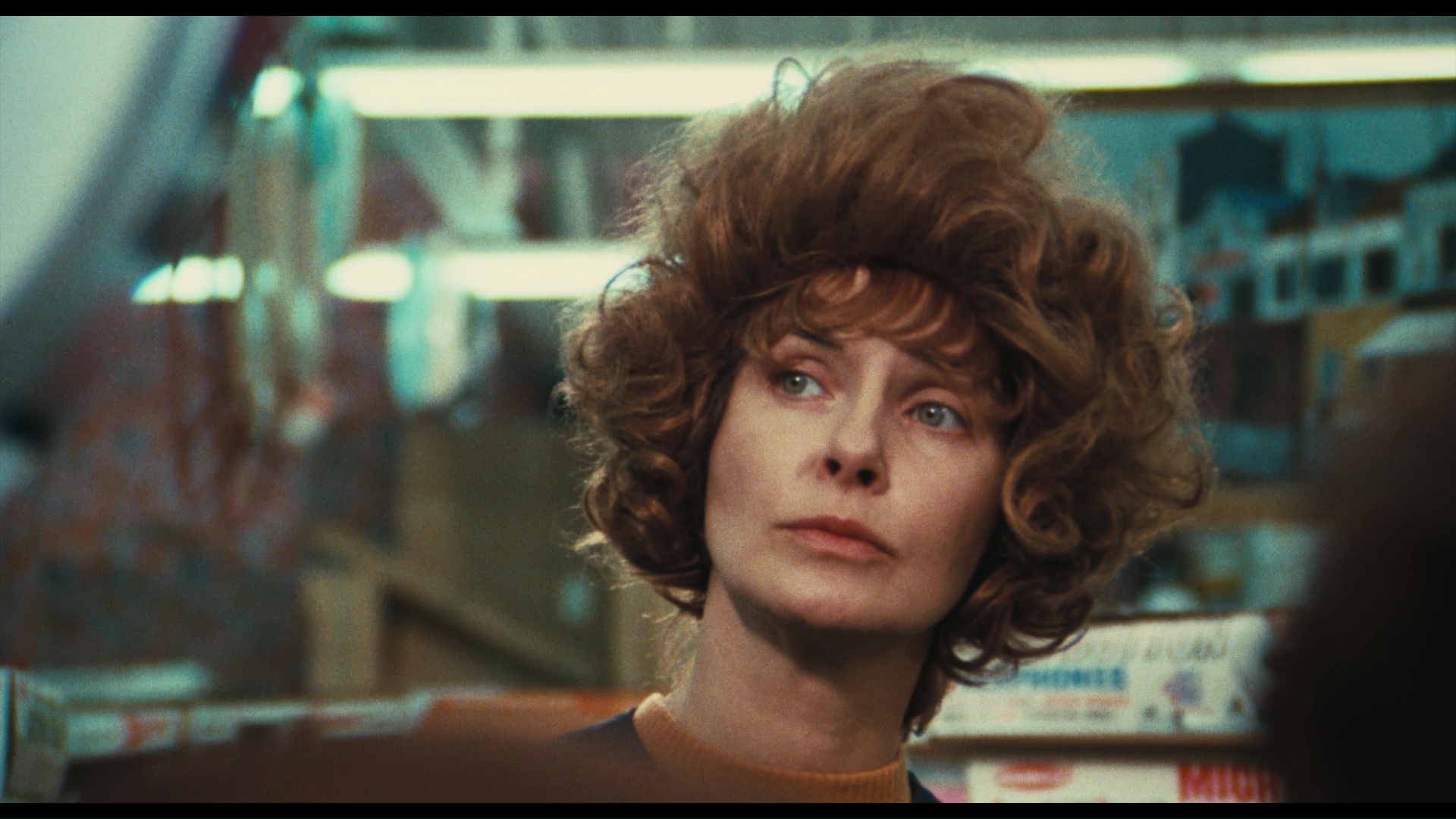 of those films that was a significant
of those films that was a significant 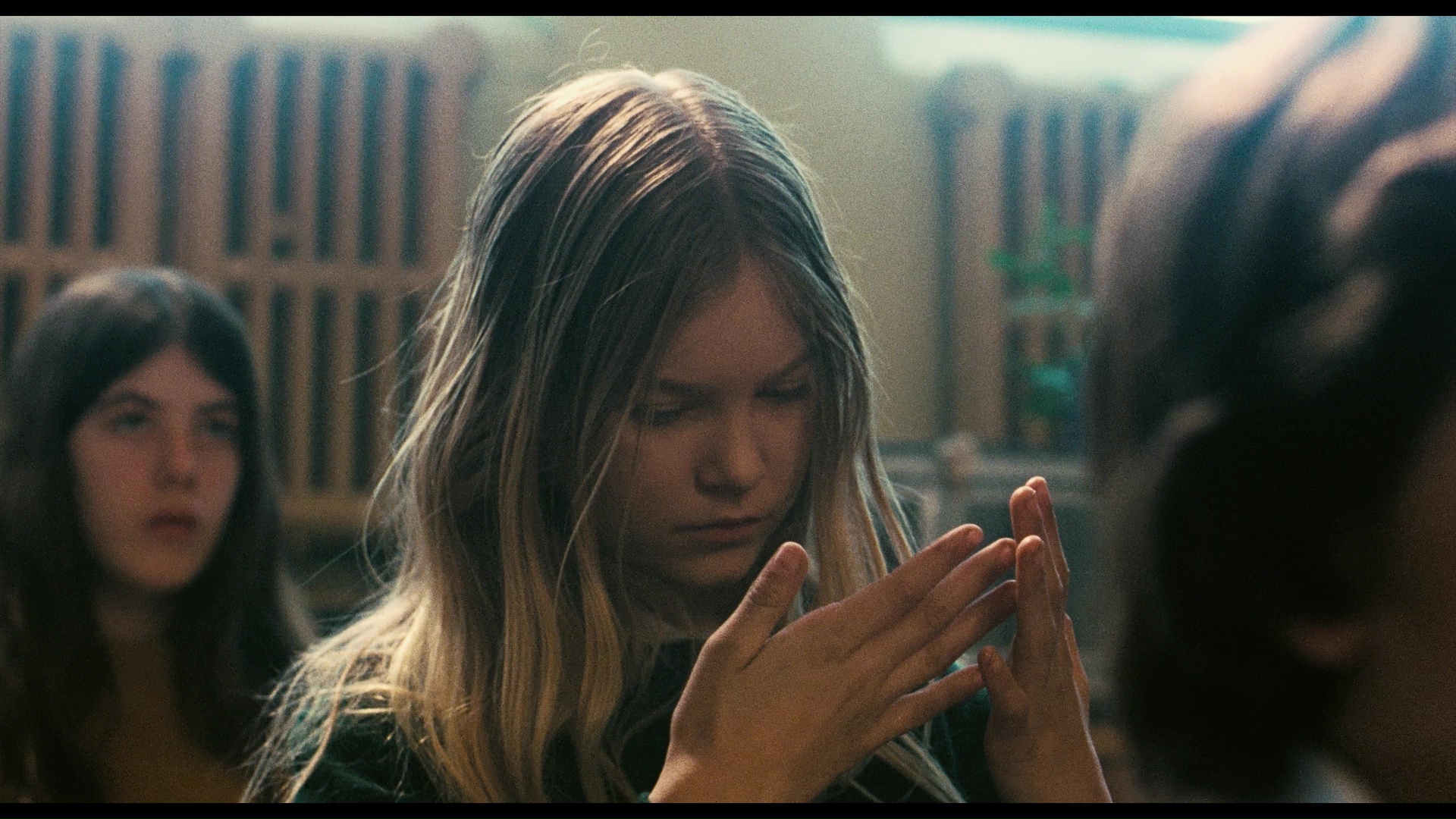 prestige project when it opened but then vanished out of the public eye for no good reason, this was the third directorial effort by Paul Newman and the second to star his wife, Joanne Woodward (following Rachel, Rachel). Their attraction to small-scale dramas continued here with this project, an adaptation of the Pulitzer-winning play by future young adult fiction titan Paul Zindel (The Pigman and My Darling, My Hamburger, among many others).
prestige project when it opened but then vanished out of the public eye for no good reason, this was the third directorial effort by Paul Newman and the second to star his wife, Joanne Woodward (following Rachel, Rachel). Their attraction to small-scale dramas continued here with this project, an adaptation of the Pulitzer-winning play by future young adult fiction titan Paul Zindel (The Pigman and My Darling, My Hamburger, among many others). 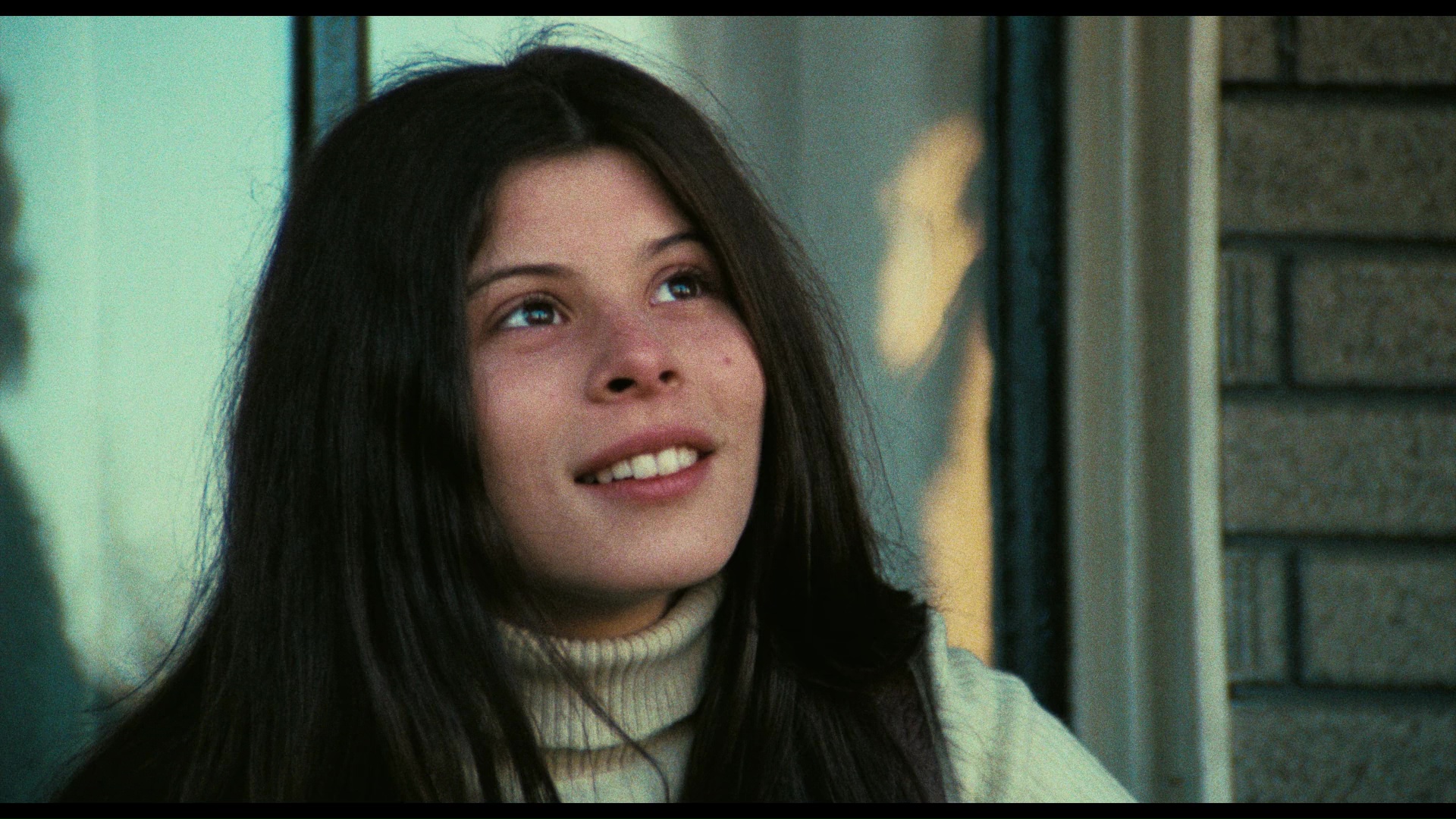
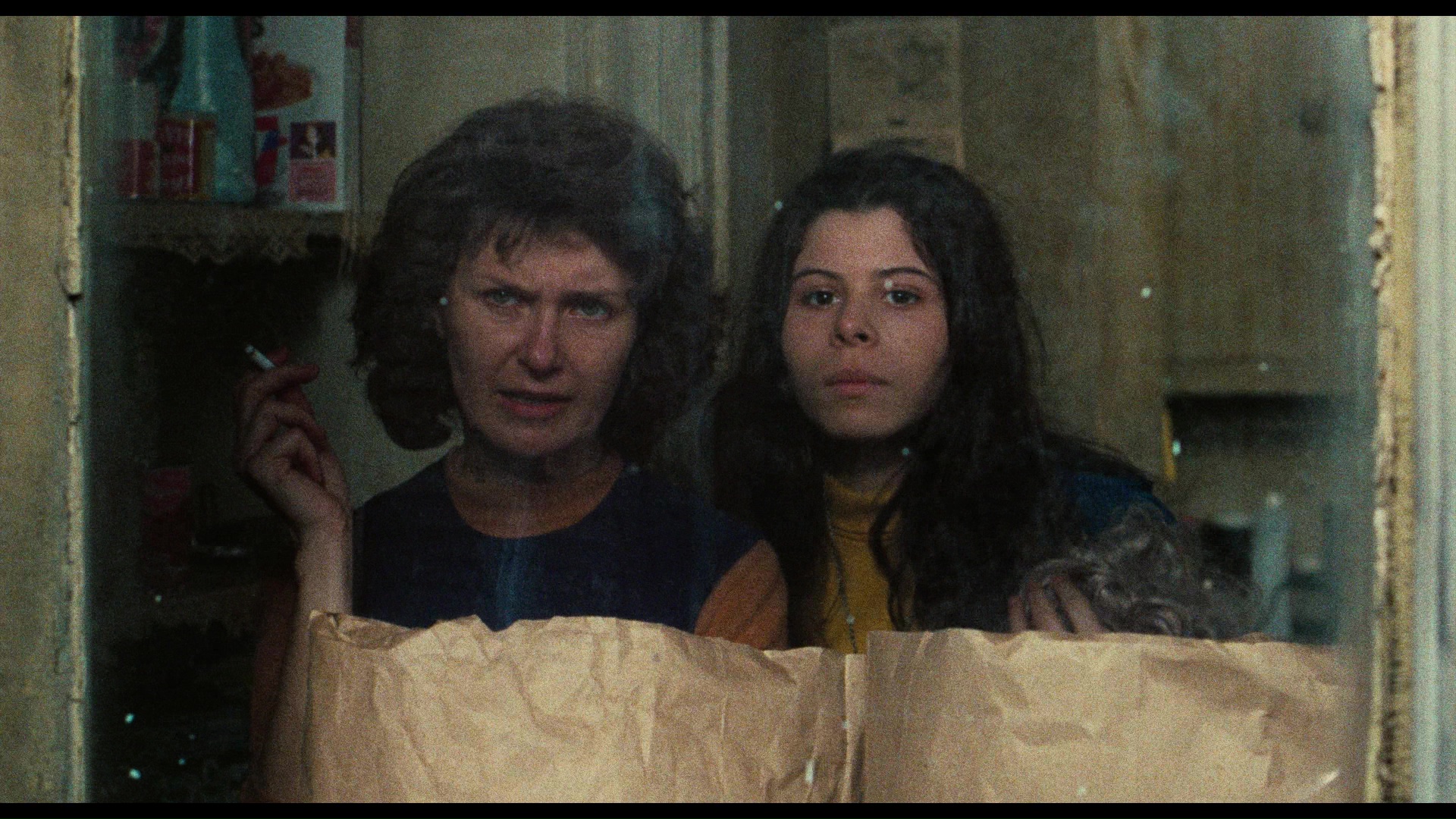 plays with very long, very strange names. (See also: Oh Dad, Poor Dad, Mamma's Hung You in the Closet and I'm Feelin' So Sad and For Colored Girls Who Have Considered Suicide / When the Rainbow Is Enuf.) The film carries over that sensibility and really captures the look and feel of the era, with the focus on an almost entirely female cast still giving it a fresh dynamic that works today. Woodward is an interesting choice as Beatrice, a part that's been interpreted many different ways over the years ranging from Shelley Winters to Joan Blondell. Woodward's inherent fragility makes the performance more sympathetic than it might have been in other hands, with Newman keeping a steady dramatic hand on all three of his leads throughout without looking down on them or using them for easy laughs. It's especially interesting to see how he gradually allows Potts to steal the limelight in the film with the all-important finale sitting almost entirely on her young shoulders, and she's easily up to the task. It's a bit of a shame she never acted again after this
plays with very long, very strange names. (See also: Oh Dad, Poor Dad, Mamma's Hung You in the Closet and I'm Feelin' So Sad and For Colored Girls Who Have Considered Suicide / When the Rainbow Is Enuf.) The film carries over that sensibility and really captures the look and feel of the era, with the focus on an almost entirely female cast still giving it a fresh dynamic that works today. Woodward is an interesting choice as Beatrice, a part that's been interpreted many different ways over the years ranging from Shelley Winters to Joan Blondell. Woodward's inherent fragility makes the performance more sympathetic than it might have been in other hands, with Newman keeping a steady dramatic hand on all three of his leads throughout without looking down on them or using them for easy laughs. It's especially interesting to see how he gradually allows Potts to steal the limelight in the film with the all-important finale sitting almost entirely on her young shoulders, and she's easily up to the task. It's a bit of a shame she never acted again after this 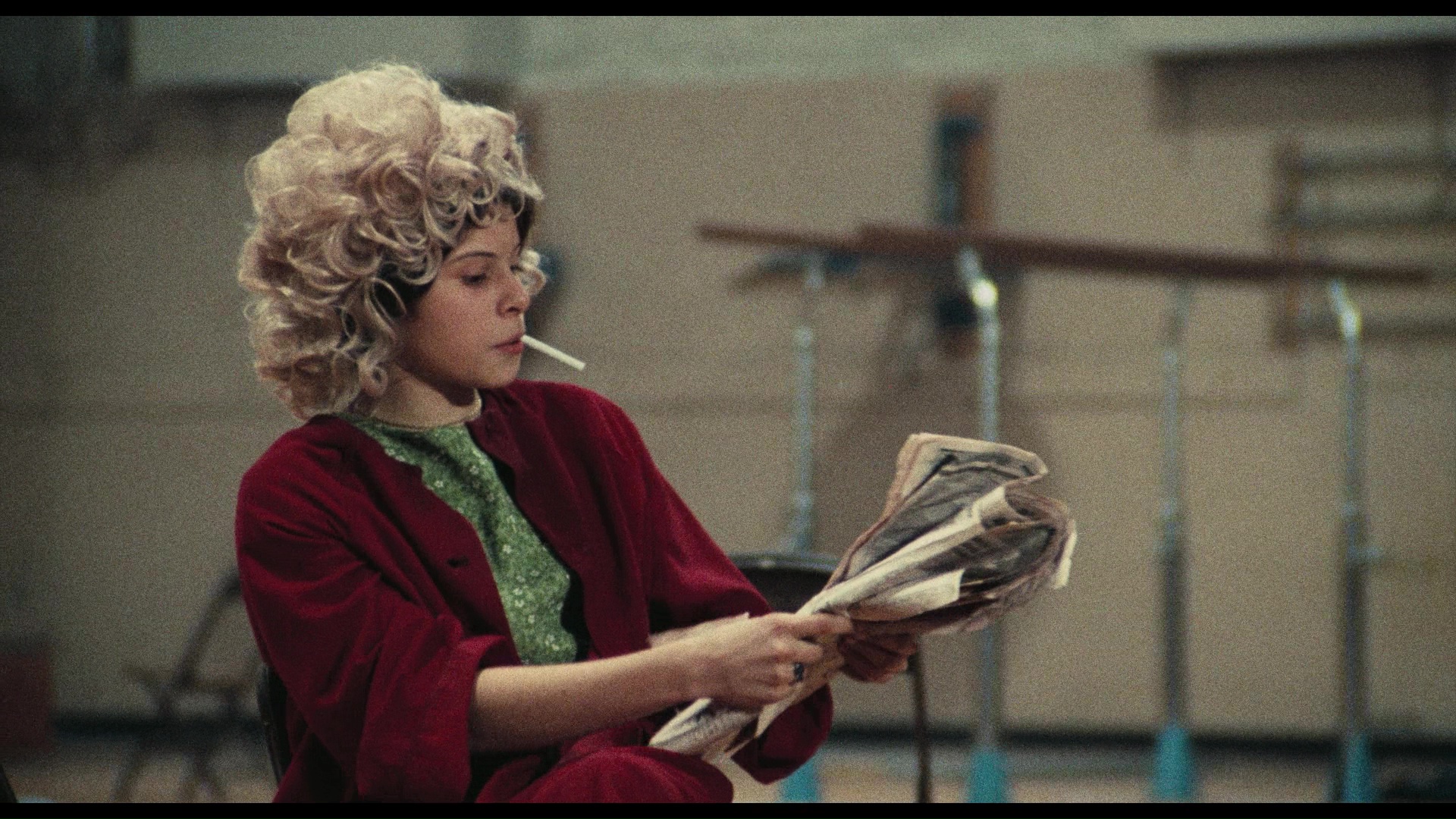 film.
film. 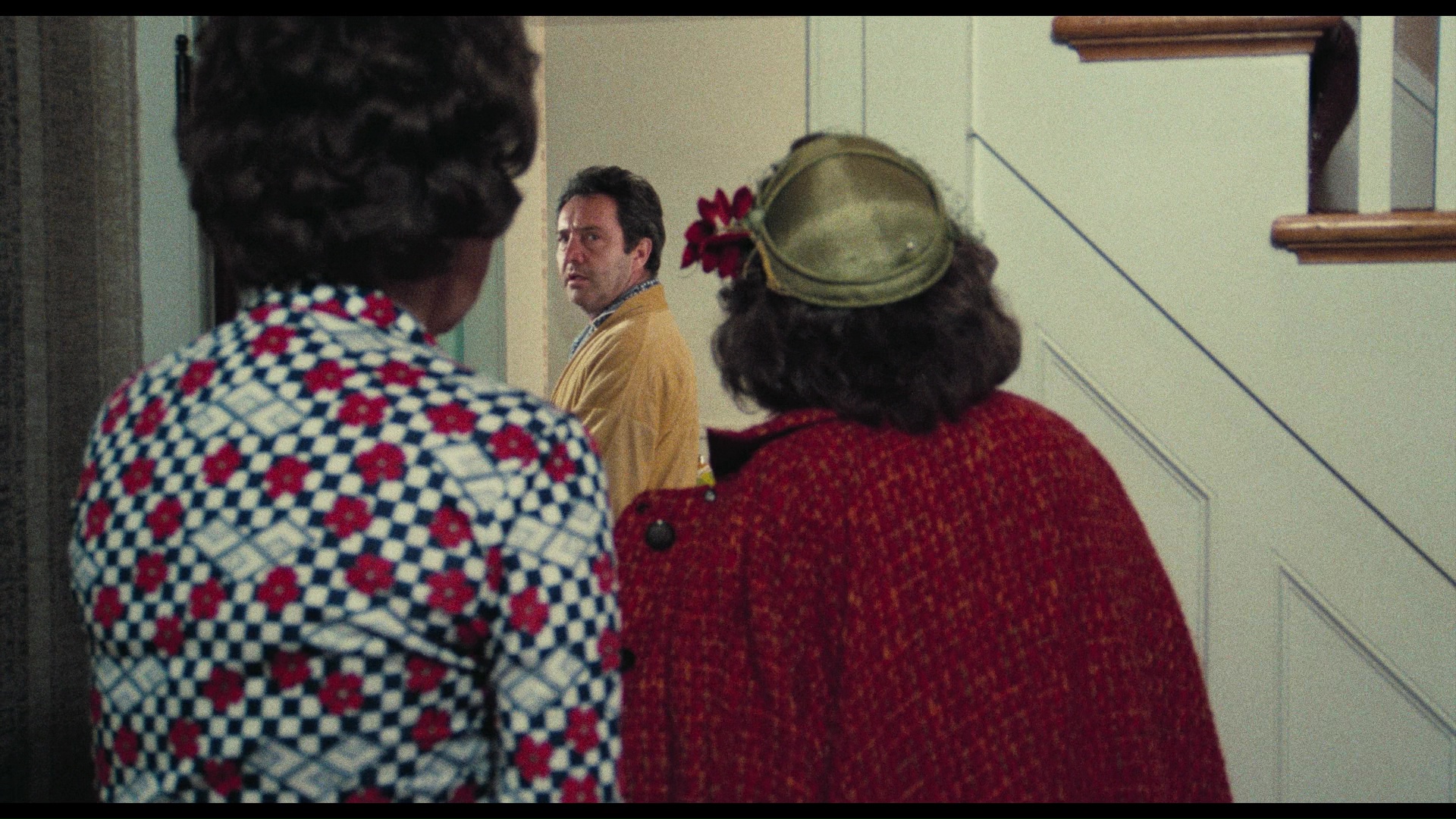 confined to the house), its adoption of '70s cultural theories on mental health, and the complex depiction of female relationships and sexuality brought out by the performances and Alvin Sargent's screenplay. Newman appears for a career-spanning (at the time) interview for "The John Player Lecture" at London's National Film Theatre, ranging from his early acting career to the challenges of The Hustler, his move to directing,
confined to the house), its adoption of '70s cultural theories on mental health, and the complex depiction of female relationships and sexuality brought out by the performances and Alvin Sargent's screenplay. Newman appears for a career-spanning (at the time) interview for "The John Player Lecture" at London's National Film Theatre, ranging from his early acting career to the challenges of The Hustler, his move to directing,  and his thoughts (or lack thereof) about reading reviews. Recorded in 1984 is another career retrospective, this time with Woodward as part of "The Guardian Interview" series at the National Film Theatre. In addition to talking quite a bit about working with Newman she touches on some of her other favorite directors including Martin Ritt as well as her thoughts on the craft of acting such as rehearsal versus improvisation. A brief selection of excerpts from the 1973 Cannes Film Festival (1m58s), where Woodward won Best Actress, including a funny revelation of what Potts did with her fee from the film. A TV spot is also included along with a gallery of production and still photos, while the insert booklet is up to the label's lofty standards thanks to a new Johnny Mains essay about the film as both a Newman/Woodward project and an adaptation as well as a selection of reviews and press coverage from its initial release. The transfer itself (identical on both releases) comes from a new 4K restoration and is not from the older Fox HD master; it looks excellent and adheres to the original grainy, golden aesthetic of the film, not unlike the vibe you'd get from reading a '70s paperback, with an impressive amount of detail throughout. The LPCM English mono audio (DTS-HD MA on the U.S. disc) also sounds pristine, with optional English SDH subtitles provided.
and his thoughts (or lack thereof) about reading reviews. Recorded in 1984 is another career retrospective, this time with Woodward as part of "The Guardian Interview" series at the National Film Theatre. In addition to talking quite a bit about working with Newman she touches on some of her other favorite directors including Martin Ritt as well as her thoughts on the craft of acting such as rehearsal versus improvisation. A brief selection of excerpts from the 1973 Cannes Film Festival (1m58s), where Woodward won Best Actress, including a funny revelation of what Potts did with her fee from the film. A TV spot is also included along with a gallery of production and still photos, while the insert booklet is up to the label's lofty standards thanks to a new Johnny Mains essay about the film as both a Newman/Woodward project and an adaptation as well as a selection of reviews and press coverage from its initial release. The transfer itself (identical on both releases) comes from a new 4K restoration and is not from the older Fox HD master; it looks excellent and adheres to the original grainy, golden aesthetic of the film, not unlike the vibe you'd get from reading a '70s paperback, with an impressive amount of detail throughout. The LPCM English mono audio (DTS-HD MA on the U.S. disc) also sounds pristine, with optional English SDH subtitles provided. ![]()